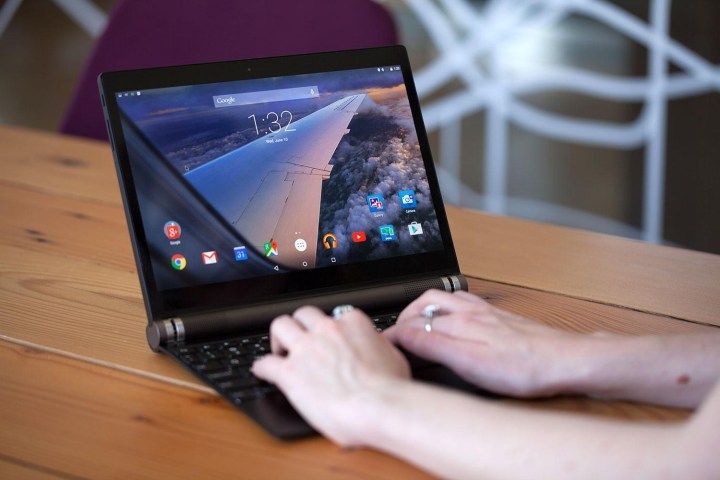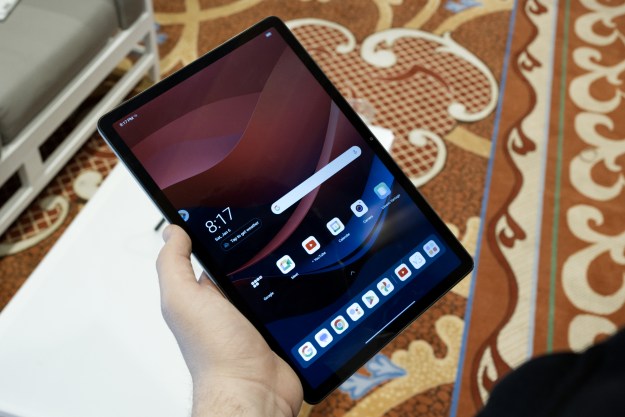
Dell’s Venue series has offered a fairly solid Android experience — the Venue 8 7000 and the Venue 10 7000 in particular are great tablets, as we noted in our reviews of those products. Even though they stood apart from competitors — the Venue 8 boasts an OLED screen, for example — it doesn’t look like Dell managed to spark interest in them. The company will instead focus on its Windows 2-in-1 devices.
“The slate tablet market is oversaturated and is experiencing declining demand from consumers, so we’ve decided to discontinue the Android-based Venue tablet line,” a Dell spokesperson tells Digital Trends. “We are seeing 2-in-1s rising in popularity since they provide a more optimal blend of PC capabilities with tablet mobility. This is especially true in the commercial space.”
Dell will not be releasing any more Android version updates to existing devices, but warranty and service contracts will still be supported. In addition, you’ll no longer be able to buy the Wyse Cloud Connect, a USB-styled cloud access device that can plug into any display.
Dell never really have much luck with the Venue line anyway — a line of Android-powered smartphones was also part of the Venue series, but it was discontinued in 2012.
It’s not the end for Dell and Android, though. For one thing, there are still the Chromebooks from Dell, which will soon be able to run
The move is unsurprising — global tablet sales have been dipping since early 2015.
Editors' Recommendations
- Every Android tablet we’re expecting in 2024
- iOS 18 could make my iPhone look like Android, and I hate it
- Qualcomm is about to make cheap Android phones better than ever
- How to root Android phones and tablets (and unroot them)
- How to use Android Recovery Mode to fix your phone or tablet


